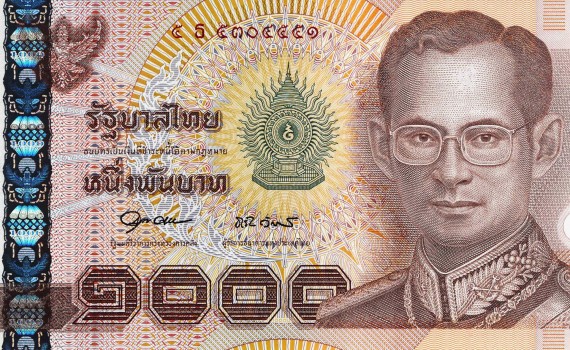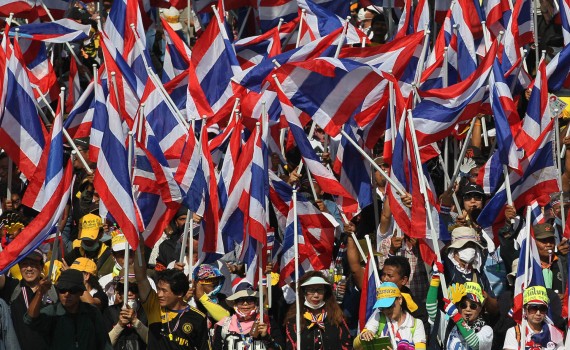
Weaker Thai Baht Is Incentive For Foreign Real Estate Investors
Category : Thailand
The political and military tribulations that have shaken Thailand in the last couple of years have also taken their toll on the country’s currency, with the Thai Baht losing ground versus most major currencies on the market like the pound sterling, the US dollar or the Euro. While this means reduced purchasing power for local investors, foreign investors are faced with an immense opportunity as Thai properties sell for approximately 20 percent less since the fall of the local currency, according to local economists and real estate agents. This means that from the modern penthouses of Bangkok to the breathtaking villas in Koh Samui, Thai property and real estate is as attractive for investors as it’s ever been.
While the Baht might not shows signs of improving any time soon, particularly with the recent political crisis that is affecting the country, the window of opportunity for foreign investors is not going to last forever. Local property developers are starting to be much better informed about the increased purchasing power of foreign investors and are raising their prices. The realignment of the market will make new and modern properties basically not affordable for the average Thai family while foreign investments will slowly decrease.
Nowhere is this truer than in the beautiful island of Koh Samui where property developers are reporting a record number of closed sales for foreign investors. The most attractive real estate on the island is still on the North East coast with condominiums as well as luxurious villas selling far better than in any other location in Koh Samui. Laem, Bophut and Chaweng are some the areas where demand is highest, particularly for mid-range properties.
The most desirable properties for foreign investors seem to be those that yield a double digit rent and have a good growth potential. The potential for renting vacation villas on the island is huge, and while Thailand and particularly Koh Samui are well-known vacation destination, there is still room for growth in the tourism sector as soon as political stability is achieved.
Economists said that further construction growth is expected in Koh Samui as all the properties that are currently on the market are quickly being purchased by foreign capital. Increased media interest in the region has also increased its potential among both local and foreign investors making Koh Samui one of the current engines for growth in a country where political instability seems to be the norm of late.

